Graham Reid | | 4 min read

Minutes before she'd been exchanging hugs with well-wishers and fans, many of whom had enjoyed her two singer-songwriter albums Lucky One(2006) and Magnetic (2009).
But this was very different Clancy, one tested and toughened by five years in New York and whose new album Astronomy errs strongly towards rock and electronics.
On stage with her “box of robots” – drum loops and programmes – and a small battery of guitar pedals, she delivered an often full-throated and sometimes brittle set which came with expressive hand gestures in the manner of Nick Cave, sometimes set up sonics akin to early 80s synth-pop and was punctuated by seductive ballads like Over You from the new album.
It was a compelling solo performance, just what the Astronomy songs required.
“I know there's a lot of electronic stuff on this record,” she says the next day, “but I like to venture into a heavier territory and a wider canvas.
“I got really frustrated with the acoustic thing, which I love and will be incorporating again. But I find it frustrating. I heard people saying there were too many women acoustic singer-songwriters in New Zealand,” she laughs, “and I was like, 'Yeah, okay. But that's not all I can do'.
“So this album is different and I like the wider scope and broader vision within the landscape I've made for myself, and how far you can push creatively.”
She has a band back in New York but enjoys the risk of performing solo with her portable technology: “It's a house of cards, when it works it's exciting, when it doesn't it's a soupy mess of wrong beats and overbearing guitar.”
Most of the songs on Astronomy recorded in New York – "about heartache, grief, loss, existential crisis" – had been written before she, her husband and four children arrived. But the city was tougher and more expensive than they expected and she stopped playing for a year.
"I did, I fell apart a bit and needed to rethink everything. It was a depressing time. I had this album I loved and didn't know what to do with. And we needed money, and I needed to look after my kids as well. So I needed to stop.
"The doors weren't really open and it a lot of hard work."
Harder than expected?
"Oh my God yeah, yeah. Because I had grossly underestimated how hard it would be. I spend a lot of time in tiny railroad apartment in Queens surrounded by people who didn't want to talk to me, because I didn't speak Spanish. It was hard to crack the local nut.
"I felt like an alien even though I'd got my Green Card for 'extraordinary ability'.
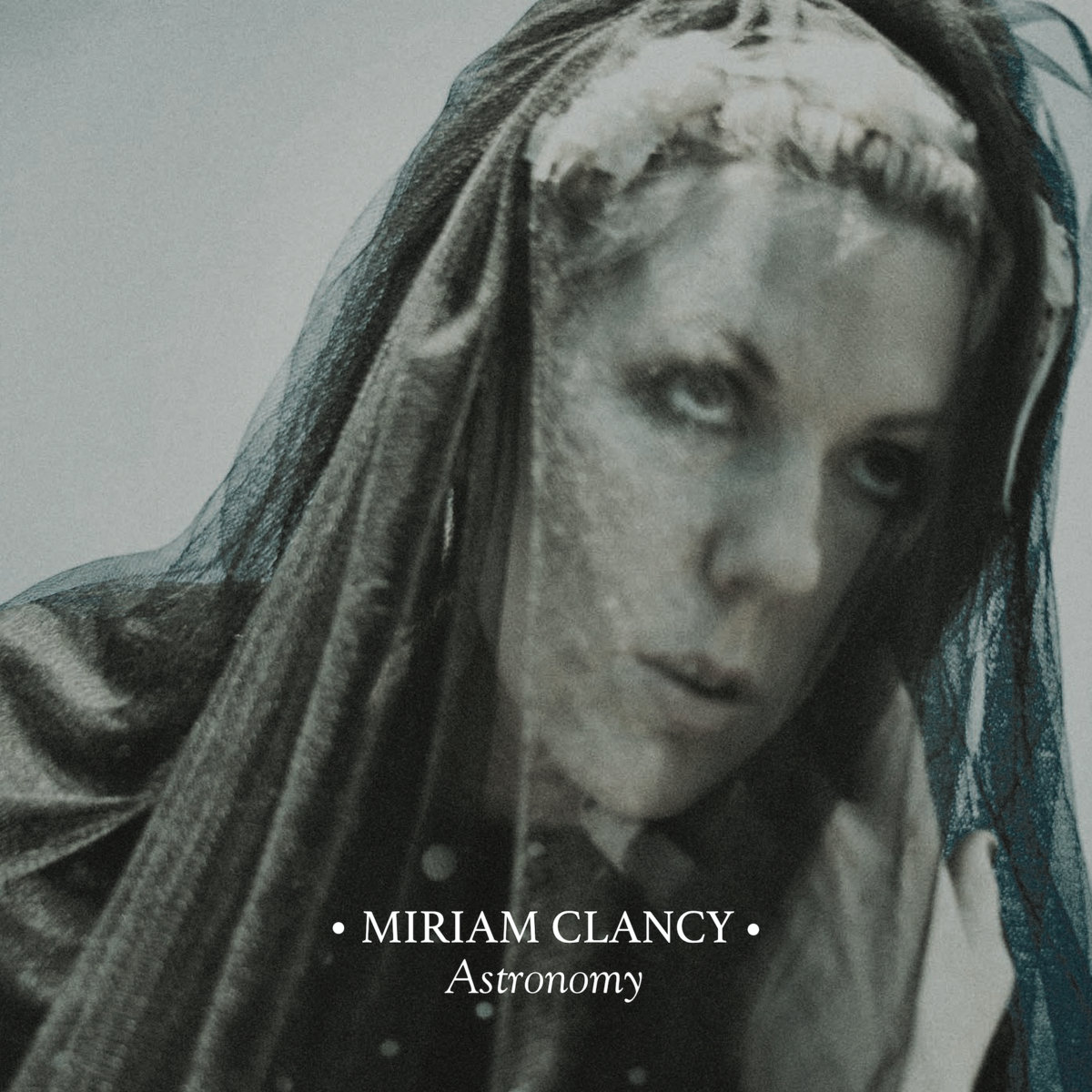 "I was very depressed," she alughs. "I fell apart after making the album and I think I needed to fall apart to build back up. Hanah Gadbsy, the American comedian, says it well, there is nothing more dangerous than a broken woman who has put herself back together.
"I was very depressed," she alughs. "I fell apart after making the album and I think I needed to fall apart to build back up. Hanah Gadbsy, the American comedian, says it well, there is nothing more dangerous than a broken woman who has put herself back together.
"I do feel a bit of that.
“It was depressing. I was depressed. I felt like an exile. I was isolated. We needed money, and I needed to look after my kids as well. So I had to stop.
“It's been a hard five years but we survived, and the kids are happy for having had some mum-time.”
After the hiatus she attended open-mike nights and met others also trying to crack it.
"I took out my guitar and trundled my little amp around and did a little open mike nights, and spent quite a bit of time at Sidewalk Cafe. I got to meet a bunch of really humble people trying to crack it and who probably never will. But they were happy with their own company and each other's company and it was more about creating their art and having a place to do it.
"I'd get up and do one song and then I'd hang out. I did quite a lot of that until I realised, 'What the hell am I doing?' It was great but I'd forgotten how good I was. That sounds really arrogant but what had become quite a great thing to run songs had actually become self-defeating.
"I needed to pul my finger out and do things the right way."
Clancy felt she hadn't been in control of the direction of previous albums, so Astronomy would be entirely her call.
“This was already in the sonic territory I wanted it to go, I had the basis of everything laid out and wouldn't kow-tow to others' opinions. I went out of my way to be unshakeable. I handed my producer the songs and said, 'I know what I want and here it is'. And that's what I got.”
And now things are looking up on all fronts.
They are home-owners in Kutztown, Pennsylvania (“way cheaper than anything you'd get in New Zealand”), the children are settled, New York is a manageable two hour trip away, her husband has regular work there, and she has a band, bookings and new songs for another album to be out within a year.
“Astronomytook an embarrassingly long time so we want to follow it up really fast.”
And – although she bought a Hot Cake guitar pedal while back home – it won't be like Astronomy'selectro-rock template?
“No, I don't always need to do that, I've tried it . . . so let's see what happens next.”
You can hear Miriam Clancy's Astronomy on Spotify here. There are reviews of Miriam Clancy's previous albums at Elsewhere (including Astronomy) starting here.

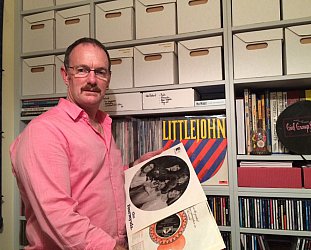
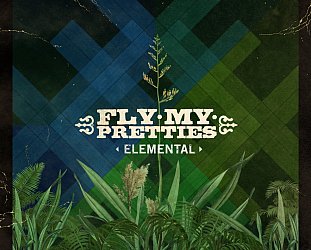
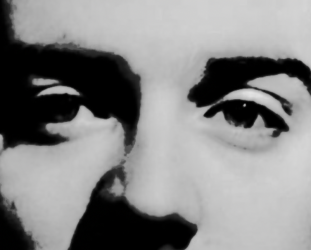
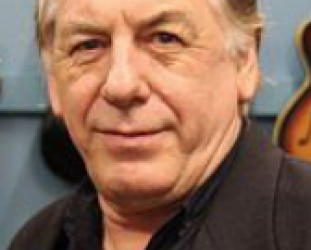
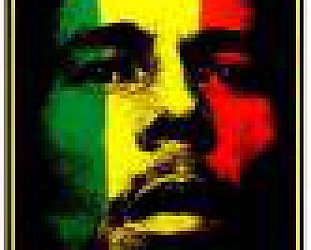

post a comment